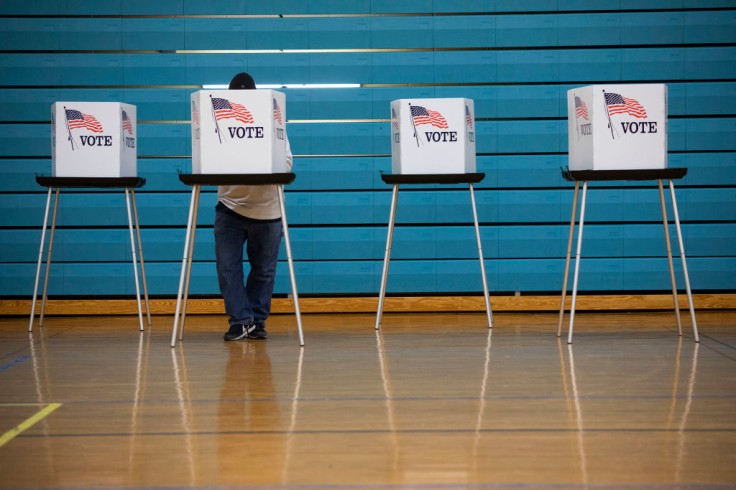AI-fueled election disruptions are forcing authorities around the world to resort to "pre-bunking" disinformation online to keep up with its surge, The Washington Post reported.
According to the report, election officials are adopting similar strategies during the onset of the COVID-19 pandemic where they roll out public alerts and infographics ahead of the disinformation.

At the current stage of AI-powered disinformation online, the method is seen as the most effective approach to combat hoaxes, conspiracy theories, deepfakes, and rumors.
The change in attitude towards disinformation follows earlier warnings that AI may "supercharge" upcoming elections as disinformation and violence incitement may become more common.
Many experts are worried that the same level of disinformation surge as the 2016 Elections may occur again this year with the power of AI.
While tech giants like Google and Meta are partnering with other countries to curb disinformation in their regions, the same situation cannot be said in the US.
US Gov't is Having a Hard Time Combating AI Disinformation
With the candidates themselves known to spread election misinformation campaigns, the fight against AI is looking much bleaker in the US.
According to The Post, independent fact-check bodies employed on social media are already not enough to combat all AI-powered disinformation at this stage of election season.
It did not help that there have been reports of state-backed threat actors utilizing AI tools to disrupt the election through the rampant spread of disinformation online.
Microsoft's Threat Analysis Center pointed to China, Russia, and Iran allegedly launching political disinformation campaigns in the US since last summer.
Most of the noted disinformation campaigns target English- and Spanish-speaking communities through an "elaborate network of forged media outlets" both on social media and on the web.
US AI Regulation Still a Faraway Goal
Despite growing dangers, a standardized AI regulation law to curb risks posed by the technology remains a far goal for many lawmakers.
Aside from the executive order President Joe Biden signed last October, many departments have been alone in implementing their separate approaches towards mitigating AI impact.









